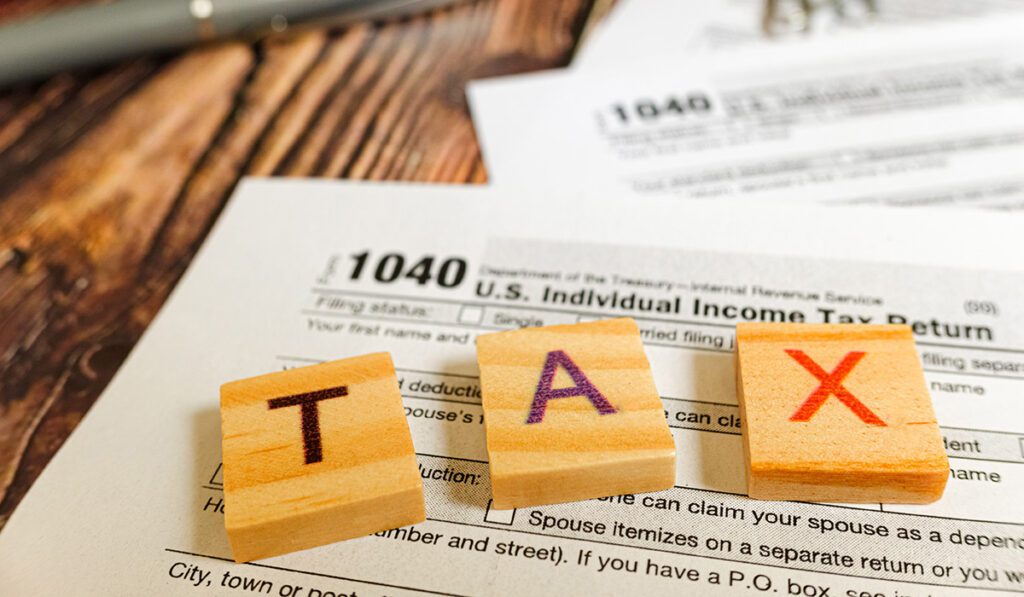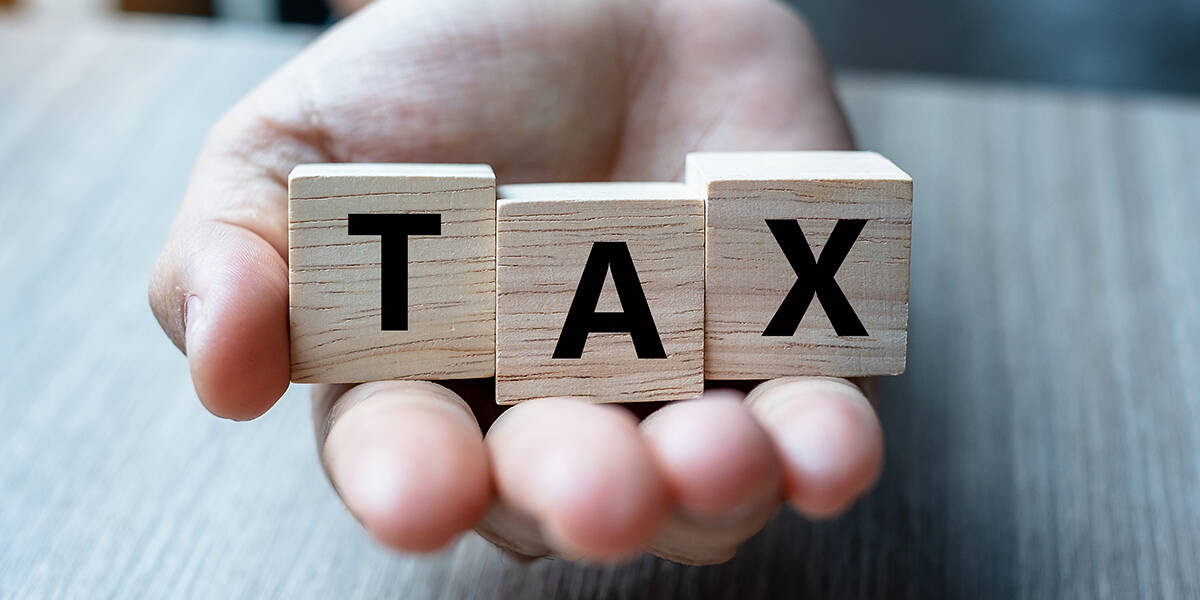

Hong Kong is known worldwide for its business-friendly tax and regulatory environment. It has some of the lowest corporate tax rates in Asia.
Most business owners do not understand Hong Kong taxation and tax planning. Most businesses pay more tax than they should. Effective corporate tax planning tries to get the most tax benefits while still following the rules.
When you send your report of profits tax to the Inland Revenue Department, it’s essential to make sure your accounting paperwork is in order. You wouldn’t want to owe taxes to the Inland Revenue Department because that wouldn’t look good for your business.
We made a guide on Hong Kong taxation and tax planning to help your company enhance its tax planning.
Hong Kong Taxation and Tax Planning: What is Tax Planning?
Hong Kong taxation and tax planning is the process of evaluating the finances of your business from a tax point of view. You do this to make sure you pay the required tax.
As you plan your taxes for the new financial year, you can keep track of how much money you make and how much you spend. With this summary, your business will be able to save money, which could be used for more important things, like growing the business.
Hong Kong Taxation and Tax Planning: Tax Planning and Filing Strategies
Here are the three tax planning and filing strategies you need to adopt for effective Hong Kong taxation and tax planning:
1. Understand Hong Kong’s Tax Compliance Law
Before you start planning your taxes, you need to know how taxes work in Hong Kong. Taxpayers usually get their tax returns from the Inland Revenue Department (IRD) on the first working day of April each year.
As of April 1, 2018, the government’s new two-tier profits tax plan went into effect. Under this new system, the profit tax rate goes down from 16.5% to 8.25% for the first HKD2,000,000 assessable profit if conditions are met.
The rate is very low on the global market, which is great for new businesses and small businesses. Even though the tax rate is low and the tax rules are strict, there are different types of tax return forms to fill out and rules to follow.
When it’s time to file your tax return, the IRD will send you the right form. If you don’t know much about how taxes work, it would be best to have a professional handle your tax return forms. Our accountants can help you figure out how to do this.
2. Find out how to legally get tax exemptions or lower tax rates
Businesses need to find ways to save money. Most companies want to lower their taxes because this is what can make or break a business. Companies want to get out of paying taxes. How can they do this without breaking the law? There are many points of view.
One of them is how the business works. Companies that run their businesses outside of Hong Kong may be able to get out of paying taxes. This is what is known as an offshore company.
To get tax exemptions, your business must not operate in Hong Kong, and the director in charge of the company must not be based in Hong Kong. If your business meets those requirements, it can apply for offshore status.
Once you meet the requirements, you don’t have to pay the 16.5% profits tax. But you’ll need to show that this income isn’t subject to profits tax, so keep your proof documents in case the government asks for them.
3. Be efficient and accurate
Business owners often think that simple accounting is enough for their business. This is a wrong idea. Now, the thing is that every year, companies have to give the government their financial statement and audit report.
So, it’s not possible to do basic accounting. Without good accounting records, it’s hard to come up with a tax plan for your business because the reporting might be wrong.
With a good set of accounts and financial reports, you can plan your taxes well and keep track of how your money comes in and goes out. In the same way, tax strategies help your business save as much money as possible and avoid spending money it doesn’t need to.
Getting the right time frame is a big part of your strategy, and it’s not just about making your financial statement look good. You don’t want to send in your tax return late. So, it is very important to make plan.
Hong Kong Taxation and Tax Planning: Why Should You Do Tax Planning?
Hong Kong taxation and tax planning is very important because it helps you make the most of the resources you already have for your business and gives you an idea of how the cash will flow.
It’s more than just sending your tax returns home during the filing period. It helps you get the right information. In the same way, IRD changes laws and allowances from time to time. So it’s a good idea to look over these changes.
As a business owner, you wouldn’t want to give the government the wrong form or incorrect data about your financial earning. Corporate Hong Kong taxation and tax planning is all about looking at your business’s finances to make sure you pay the least amount of tax possible while still following the law.
Hong Kong taxation and tax planning should be a top priority for your business because using the right strategies could save your company thousands of dollars in the long run.
Hong Kong Taxation and Tax Planning: How Your Business Can Benefit
It can be hard to figure out Hong Kong’s complicated tax rules. Without the help of a professional taxation experts, your company can miss out on tax exemptions and breaks it is entitled to.
Working with professional accountants is the best way to get the most savings and tax exemptions for your business. Our tax experts at Premia TNC not only know a lot about how Hong Kong taxation and tax planning works, but they also know a lot about international tax treaties.
With their help, your business can avoid having to pay taxes twice. Our team will also help you apply for any additional tax breaks that could help your business. Also, as your business grows, so do the details of the tax reports you have to file.
If you don’t file your taxes on time, you could get fined a lot of money. Every financial year, our corporate tax accountants help many businesses of all sizes and types in Hong Kong and the APAC region stay tax compliant.
Our taxation services include:
- Preparing income statement, balance sheets and financial statements
- Preparation ledger, cash book, bank book, accounts receivable sub-ledger and accounts payable sub-ledger
- Sorting and filing accounting supporting documents
- Acting as tax representative
- Completing and filing Profits Tax Return

premiatnc
View All BlogsRelated Posts
April 18, 2024
Initiating Maximum Returns with Hong Kong Tax Incentives
Hong Kong, renowned for its dynamic…
April 15, 2024
Trademark Registration In Hong Kong: What You Should Know
Trademark registration in Hong Kong…
April 15, 2024
Importance of Hong Kong Company Financial Statements: How to Prepare It Well
In the realm of business, Hong Kong…




